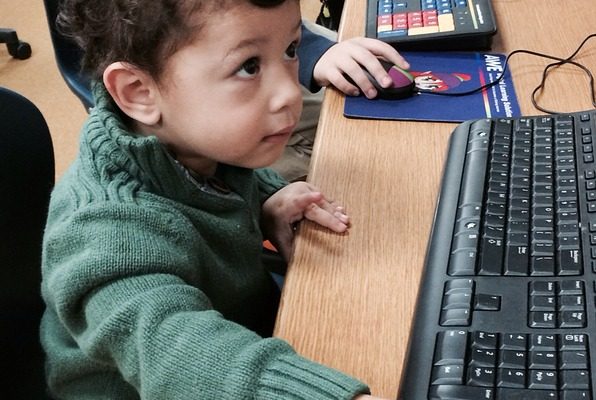Educational Technologies that Every Teacher Should Know: Part II

Technology continues to make its mark on K-12 learning and teachers need to stay abreast of the many new innovations. Today, I will continue my 5-part series on technologies and education concepts that every teacher should know about. I’m interested to hear your thoughts on these technologies and education concepts in the comment section as well.
Virtual Laboratories. Virtual laboratories are popping up in school districts and online learning curriculum across the country and making it easier and less expensive for students to do experiments remotely. Benefits of the virtual labs include: Flexible access. Perhaps the most often cited benefit of any online learning is convenience. The same is true of virtual laboratories if the experiments are on the student’s own time. In some cases, a virtual lab may be used during regular class time but still, in such instances, there is flexibility for the teacher who is not limited by using resources within a strict timeframe. Instant feedback. Students can redo experiments on the spot if needed. All the results are recorded automatically, making communication between teachers and students more efficient too. Experiments no longer have a “one chance” option and students can analyze what went wrong immediately and critically.
Schools and students using virtual labs have access to cutting-edge technology when it comes to experimentation. Companies that build and maintain virtual labs must compete with each other to stay ahead of technology progression and that raises the quality of student options. With a virtual lab, students do not have to settle on outdated, yet expensive, equipment because a school cannot afford to replace it consistently.
There is a fee associated with using virtual labs but the capital and maintenance costs are drastically reduced. Instead of one school footing the bill for resources, the cost is split among the clients of the particular virtual lab. This allows school to provide a better learning experience for students at a fraction of the cost. Like all classroom technology, virtual labs demand scrutniy to ensure that behind the flashy capabilities, their true purpose is being met. That will take some time and testing, of course, but I think it is possible with the right combination of in-person and remote lessons.
Autism and iPads. Depending who you ask, the iPad has varying effects on children with autism – but most parents and teachers would say that the device has made in-roads in their students’ attitude towards learning. Experts at Apple say that iPads “cure” sensory overload and give autism children control, along with opportunities for effective communication. Using less extreme language, researchers at Vanderbilt University say that speech-generating devices, like iPads, can encourage late-speaking children with autism spectrum disorders to speak. In other words, the basic technology that is readily available in classrooms and many households may also support learning initiatives for children with a specific disorder that impact traditional learning.
In coming posts, we will look at more technologies and concepts that every teacher should know.






